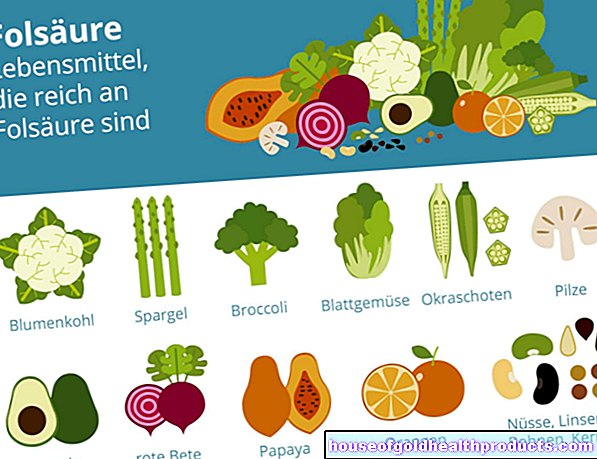Somatic intelligence: eating according to pleasure and disgust
All content is checked by medical journalists.Burger or green salad, cream ice cream or snack carrots - do you eat something because you feel like it or because it is considered healthy? In the best case, both are true. Then you have a good gut feeling. Nutritionist Thomas Frankenbach * explains why this is so important.

Thomas Frankenbach
As a nutritionist, Thomas Frankenbach heads the Department of Nutrition and Exercise at the Rehabilitation Clinic Dr. Wüsthofen and the Academy for Somatic Intelligence in Fulda. He is the author of the book "Somatic Intelligence", published by Koha Verlag.
Mr. Frankenbach, why can healthy eating actually make you sick?
Eating is something very individual, not everyone is good at the same thing. For example, one person can tolerate a diet high in carbohydrates very well, while the other does not get it well. This can be genetic, for example, but it can also depend on the foods you grew up with. So we have to get away from the rigid dietary rules! Many experts now assume that you should personalize food recommendations.
What should that look like?
Listen to your gut feeling! Don't just follow a habit or let others tell you what to eat.
You call this somatic intelligence - what exactly does that mean?
We understand somatic intelligence to be the body's ability to use special signals to show us what is good for us and what could harm us. In relation to nutrition: Pleasure or aversion show us which food is the right one for us and which one we should rather avoid. This relates to the type and quality as well as the quantity of a food.
So before I grabbed the next snack at random, do I first listen inside?
Exactly. The body knows what it needs and what it gets. A healthy person with a good body awareness intuitively reaches for the food that suits him well. The only problem is that many people no longer properly perceive their body's messages. Most people with a nutritional problem, such as high liver fat levels or diabetes, have a problem with self-awareness!
How do you sharpen your perception?
Certainly not by providing people with dietary rules that they don't adhere to anyway. It is better to teach them to listen to themselves - there is also a proper training program for this. A good way to start is, for example: only eat what you feel like eating. Point two: your nose is the bodyguard of your mouth - there is no need to eat something that doesn't smell pleasant or tasty to you. Try it out, for example at breakfast. Do not eat what you always eat, but smell the food and drinks beforehand and let your emotions decide whether you really feel like it.
Sounds very simple: eat whatever you feel like eating.
It actually is - but that doesn't mean it's easy or banal. The matter is only rounded off with the third point: namely the question “How are you after dinner?”. Is it okay for you - do you feel good? Or do you feel uncomfortable, full, have your stomach rumbling, do you have heartburn or flatulence? Some people feel it is difficult to digest in the mouth because the mucous membrane is irritated or the throat tingles.
Or you have a dirty feeling after a slip in the fast food restaurant.
Exactly! These are all signals from the body, where it actually says very clearly: "No, please don't". Listen to your dislikes!
For example against spinach.
A good example: some love spinach. But there are children who start crying when they just see spinach - without ever having eaten it. You have to know that there is plenty of oxalic acid in spinach. For some this is very worrying because their individual risk of kidney stones increases dramatically through the intake of oxalic acid. And then it often turns out that the same children don't eat chard, rhubarb or amaranth either. All foods with high levels of oxalate! So the child is not necessarily spoiled, but may have some deep inner wisdom that tells them that it is not a good idea to eat these foods.
So the body can also signal specific intolerances?
Yes. And deficits. A classic example that everyone knows: After the strenuous sport you are thirsty and in the mood for something salty. Because when you sweat, the body has lost both fluid and sodium and other salts. Something has gotten out of balance, and that is exactly what the body is trying to restore.
What if I eat chocolate even though I know it's not good for me?
First of all, you don't need to feel guilty, it just creates false pressure. Better learn from it. Feel pure after eating the sweets and feel how you are doing with it. If you are not feeling well, you can use what is known as an enlargement technique and immerse yourself in the disgust for a few minutes. After you've done this a few times, your subconscious will learn that chocolate is not good for you. Then you don't feel like doing it anymore. In some cases, however, you have to do this quite often for it to work.
Tags: womenshealth parasites baby toddler
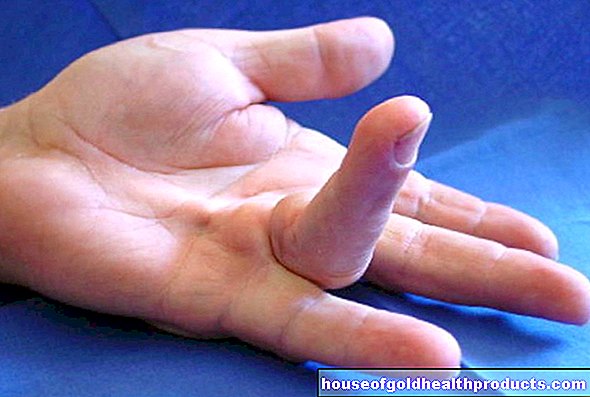
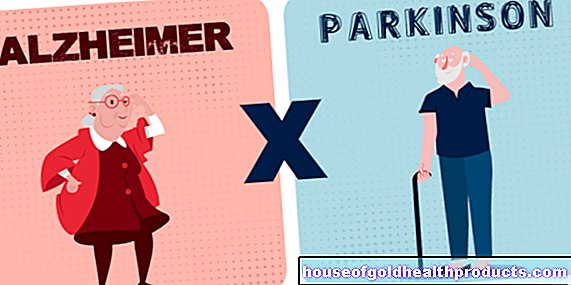


.jpg)


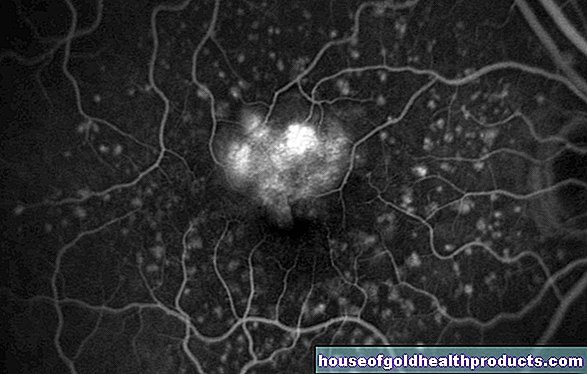
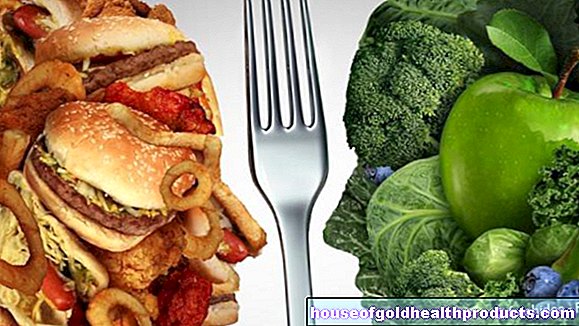
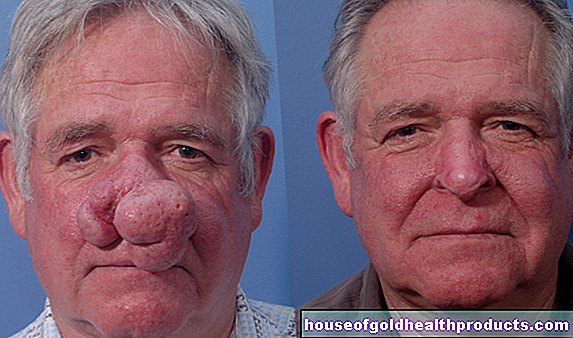
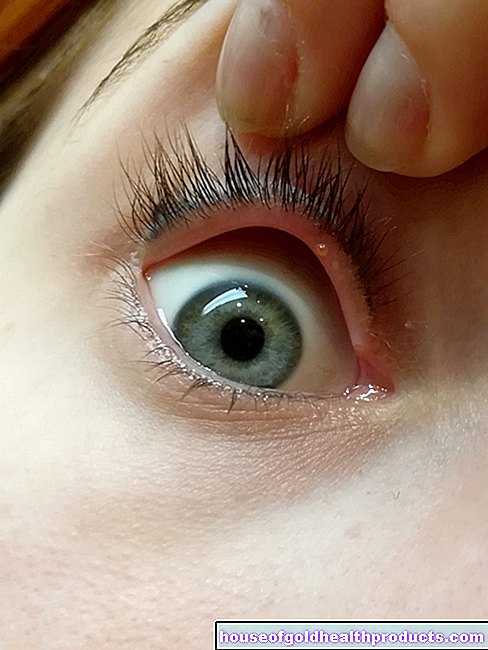


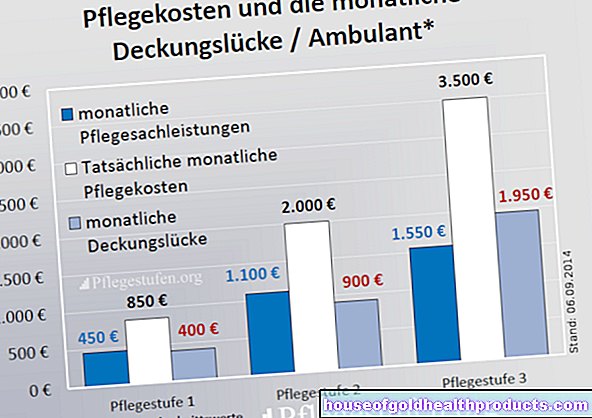
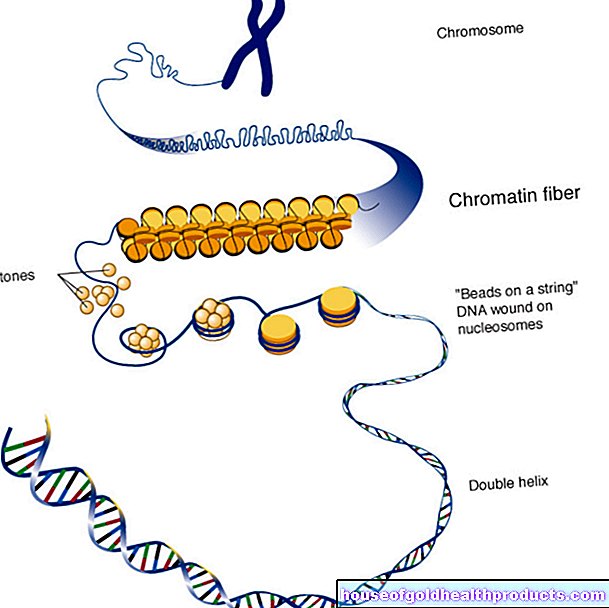
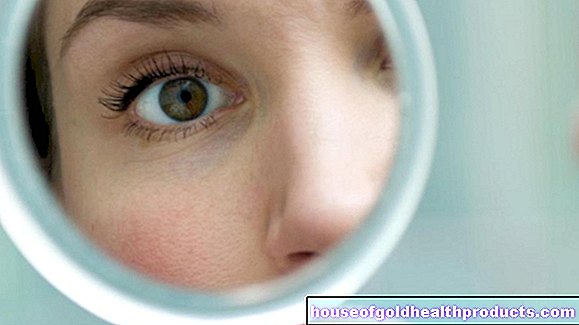


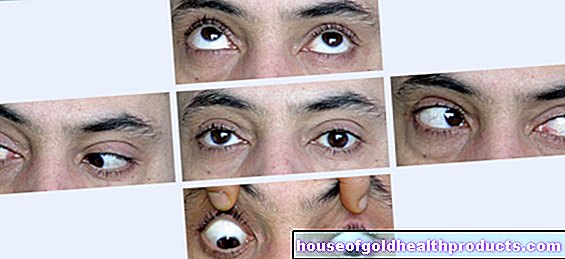

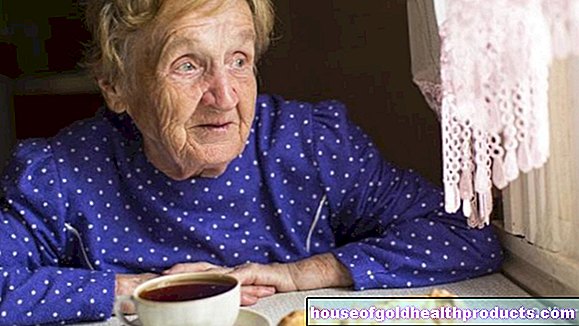
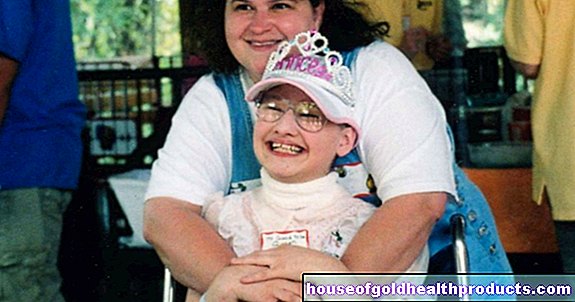
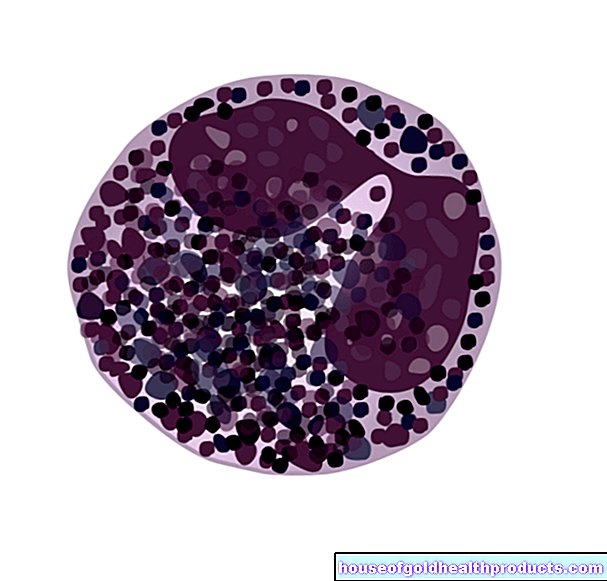




.jpg)
